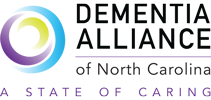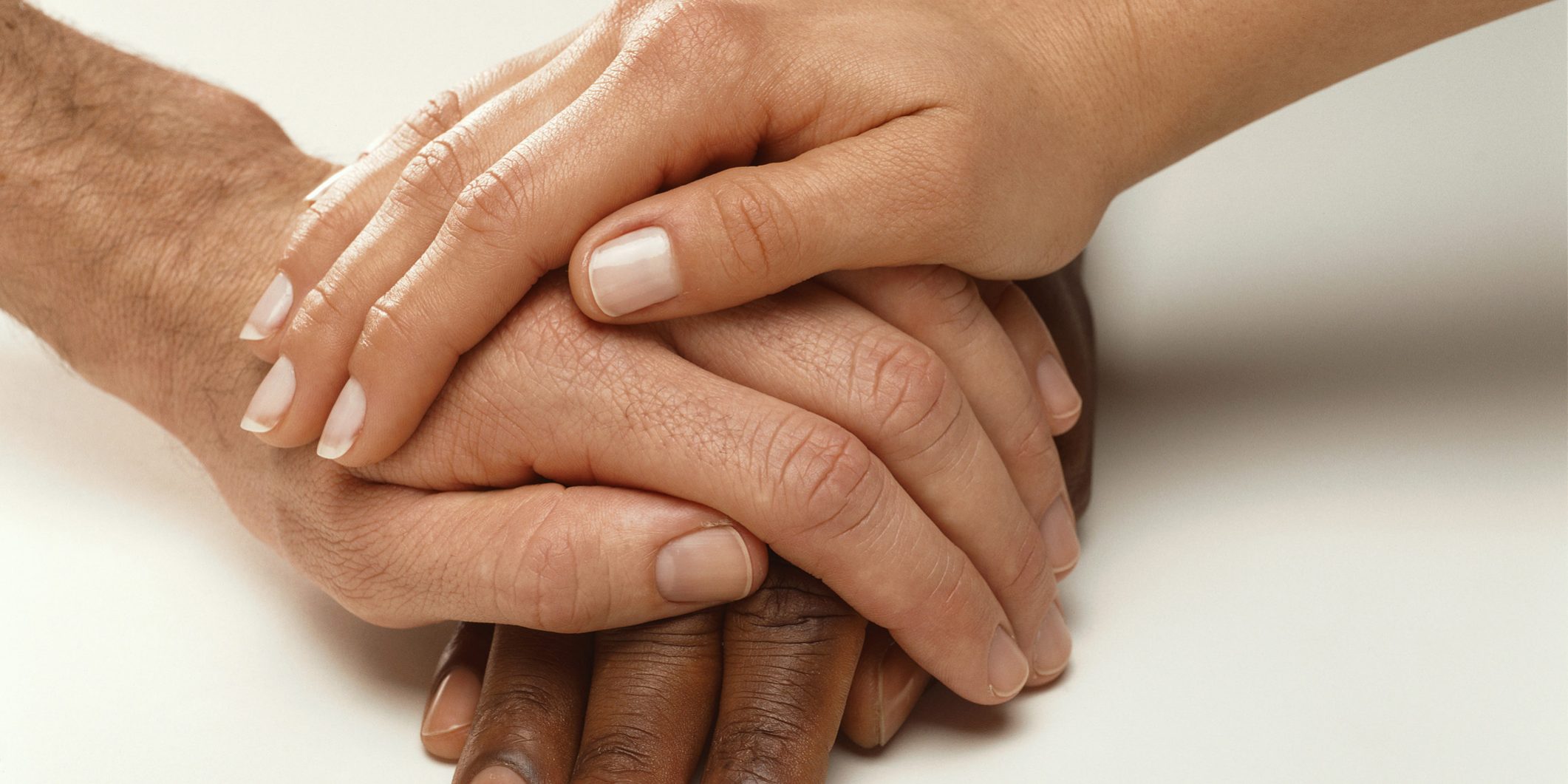Remain Calm and Make a Plan
As the outbreak of Covid19 grows in communities across our country, it is imperative that we all remain calm, make informed preparations, and adjust short range plans to protect the health of our families and those we care for.
As an organization constantly focused on the well-being of people living with dementia and their caregivers, we have compiled information from credible sources in an attempt to address concerns surrounding the coronavirus and how to prepare.
Let’s start with some basic precautions from the CDC:
- Take precautions and develop a plan: Cancel non-essential doctor’s appointments or schedule telehealth sessions for appointments you can’t miss. Designate a list of emergency contacts and stay in touch with others by phone or email. If you or the person you are caring for become sick, what is your back-up plan? You will need to ask for help from friends, family, neighbors, or hire community health workers, etc., who would be willing to remain in quarantine along with you and possibly your loved one during the course of the illness. If you are unsure where to turn for paid back-up, contact any local home health agency or give us a call at (919) 832-3732.
- Have Supplies on Hand: Contact your healthcare provider about obtaining necessary medications in case you need to stay home for a prolonged period of time. If you cannot get extra medications, consider using mail-order or delivery options from your pharmacy. Be sure to include over-the-counter medicines to treat fever and other symptoms. Most people are able to recover from COVID-19 at home. Have enough household items and nonperishable groceries on hand or consider ways of getting food delivered through family, social, or commercial networks.
- Step up cleanliness efforts: Wash your hands often with soap and water for at least 20 seconds, especially after blowing your nose, coughing, or sneezing, or having been in a public place. If soap and water are not available, use a hand sanitizer that contains at least 60% alcohol. Don’t touch your face! Clean and disinfect your home to remove germs, especially frequently touched surfaces like tables, doorknobs, light switches, handles, desks, toilets, faucets, sinks & cell phones.
- Avoid travel and public places: Avoid all non-essential airplane travel, cruises, bus tours and public gatherings. When caring for a home-bound loved one, limit visitors and be sure to have them wash hands upon arrival and discourage touching and hugging. To the extent possible, avoid touching surfaces in public places – elevator buttons, door handles, handrails. Use a tissue or your sleeve to cover your hand or finger if you must touch something. Wash your hands after touching surfaces in public places and avoid touching your face, nose, eyes, etc.
- Shelter in place: Movies, books, games, puzzles, and hobbies are all great ways to pass the time in confinement. If you have to go out, avoid crowds and poorly ventilated buildings. Keep several feet of distance from people. Avoid handshakes, hugs, etc. Be sure to wash your hands with soap and water or use hand sanitizer with at least 60% alcohol and avoid touching your face. Consider changing your clothes and leaving shoes at door after going out in public. This strategy, Social Distancing is crucial to slowing the spread of the virus. It will also relieve pressure placed on health care facilities where demand for patient care could outpace capacity. Click here for the scientific data.
- Watch for symptoms and have a plan: Read these flyers from the CDC for potential COVID-19 symptoms including, fever, cough, and shortness of breath. If you feel like you are developing symptoms, call your healthcare provider and let them know about your symptoms. Tell them that you have or may have COVID-19. This will help them take care of you and keep other people from getting infected or exposed. If you or your loved one develop emergency warning signs for COVID-19 get medical attention immediately. In adults, emergency warning signs include difficulty breathing or shortness of breath, persistent pain or pressure in the chest, new confusion or inability to arouse, and bluish lips or face.
Do you use Medicaid?
For those accessing services through Medicaid, the North Carolina Department of Health & Human Services released a statement today implementing several policy changes in response to COVID-19 to slow the spread of the virus, support healthcare providers and protect more vulnerable North Carolinians. Click this link for more information.
Source: https://www.cdc.gov/covid/risk-factors/index.html


